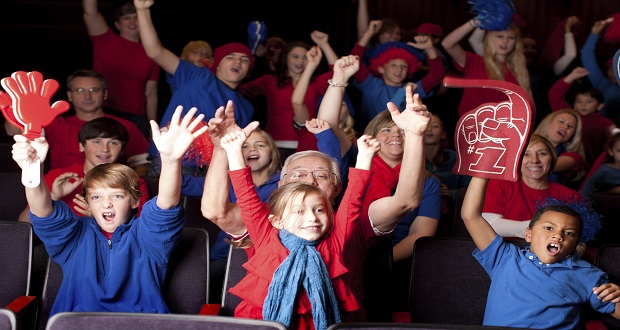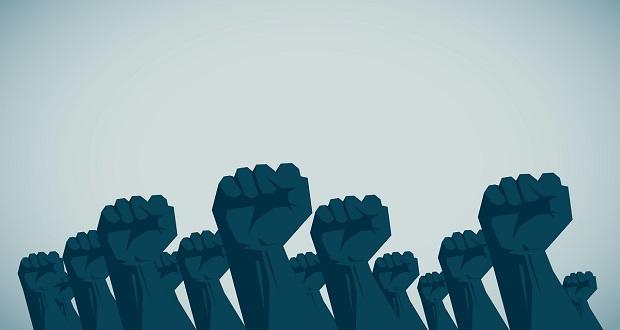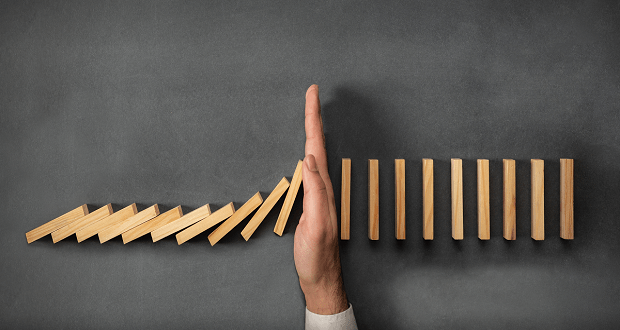
I have written about this before, but it continues to baffle me how much we take for granted in adulthood what we learned as children—for better or worse. My 5 year-old nephew Noah is a constant reminder to me of so many life lessons that had their beginnings in early childhood. Recently we went to his first professional basketball game to see the Charlotte Hornets. Like many boys his age, he is already crazy about sports. Admittedly, he gets most of his fan affiliations from his mom and me so he is a die-hard Panthers, UNC, and Hornets fan—he remembers names, numbers and mascots religiously.
As I watched him watch the game I was struck by all of the potentially good things that sports can bring to our lives—especially in regards to living inclusively.
Like most arenas of life, sports come with their own set of inequalities, racism, & cultural baggage; but unlike so many areas of life, sports invite a wide range of people to a level playing field (pun intended)—at least a more level playing field. Admittedly, sports usually follow class lines (i.e. basketball and football are largely working and middle class) and they have their fair share of racial politics—we can’t forget Donald Sterling. But sports are unique in that the criteria for success is physical ability—period. In other business arenas job performance is also the benchmark yet organizations are plagued with stark inequalities.
Diversity in sports is not only an example to other organizations and industries, but its effects are far reaching to the more mundane parts of our everyday lives. Take the NBA, which is 82 percent black, 4 percent Latino, 1 percent Asian and 17 percent white (and many of these players hail from nations from all over the world). I wonder what kind of ripple effect mostly non-white sports have for the millions of diverse fans that worship the players and teams?
My nephew recently had the opportunity to meet one of the centers for the Hornets, Bismack Biyombo, who is Congolese—which in itself is a rarity in professional sports. Although Bismack is not one of our star players, he is in Noah’s eyes. For four straight quarters, Noah screamed “Let’s go Bismack Biyombo!”—which usually came out sounding like Bizsnacks Boyoyo. But repeatedly Noah asked me how to correctly pronounce Bismack’s name until he nailed it (then I had to hear it on repeat the rest of the game). But this simple incident, which is now tucked away somewhere deep in a 5 year old’s memory, may have a lasting impact in his life in the future. He is cheering for people different than he is. And he’s learning that their name matters. The same could be said for the countless hours he plays basketball in his driveway with his widely diverse neighbors. Or the myriad athletes of color that he so passionately cheers for.
It’s my hope that these early exposures to difference help to erode unconscious biases that will inevitably form as he grows up in a polarized world. For years now people have asked me about my diverse experiences and social networks and I haven’t had a really good answer why they’re not as homogenous as other people I grew up with. But after watching Noah I’m reminded of all the times as a child that sports brought me together with people from all walks of life. Little had I known that something I was simply doing for fun may have played a big part in helping me live more inclusively decades later.


















